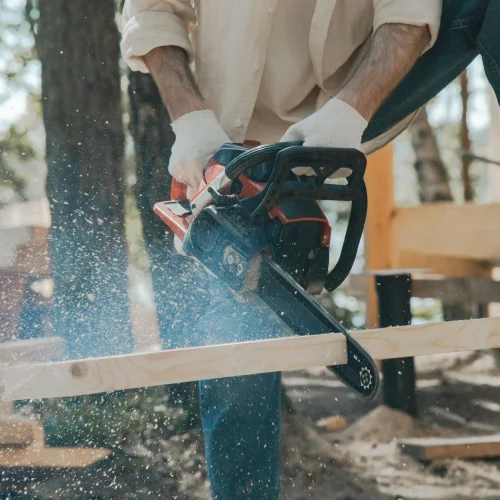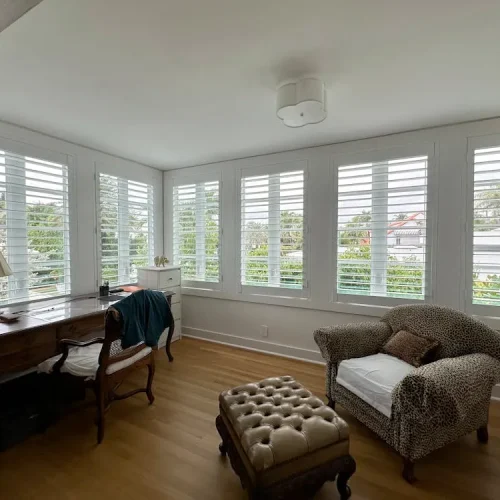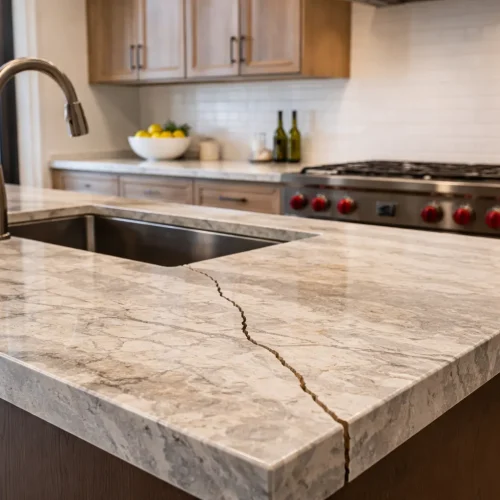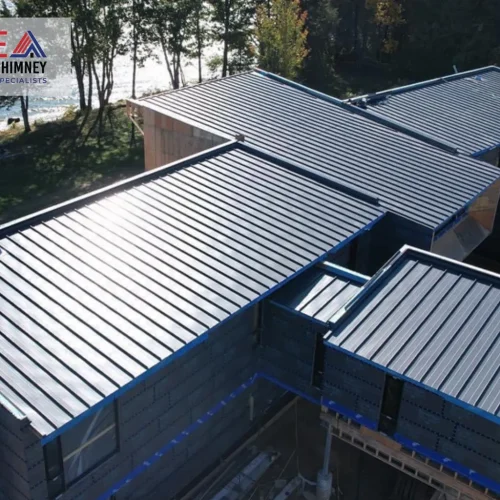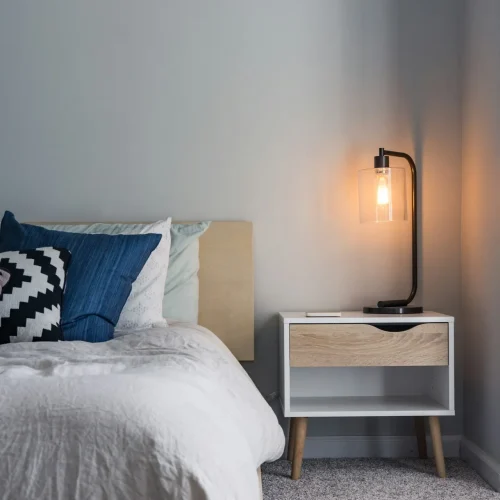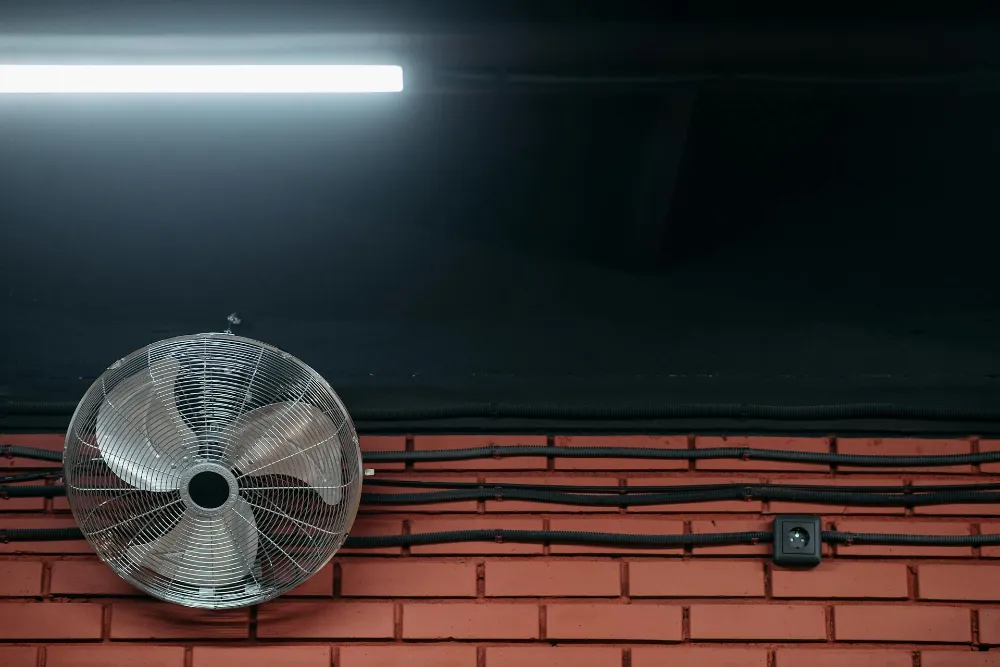
Have you ever wondered why energy bills keep climbing even when you swear you haven’t touched the thermostat? In North Carolina, where winters can surprise you with chilly nights and summers bring steady waves of humidity, HVAC systems work overtime. That extra strain often goes unnoticed until the monthly bill arrives. In this blog, we will share how regular HVAC tune-ups save money, protect comfort, and make life at home a lot less stressful.
The Immediate Value of Tune-Ups
HVAC tune-ups often feel like one of those optional expenses, something homeowners put off until the unit makes a weird noise or completely shuts down. The irony is that waiting usually costs far more. A well-timed inspection keeps parts clean, lubricated, and calibrated, which means less stress on the system. The payoff shows up directly in utility bills. A tuned system runs at its designed efficiency, instead of struggling through dust, weak connections, or worn-out components.
It’s not just about saving pennies here and there. With utility costs on the rise across the country, small improvements in efficiency add up to meaningful savings over a year. Households are dealing with higher energy prices, and heating and cooling make up one of the largest portions of those bills. Cutting waste through regular care is one of the simplest ways to lower costs without changing how you live.
If you’re looking for reliable service, experts offering heater maintenance in Wallace, NC provide homeowners with trusted ways to protect their systems and budgets. Because they understand the region’s climate demands, these local professionals know how to prepare equipment for both hot summers and unexpected cold snaps. Professional care includes checking electrical connections, testing airflow, cleaning coils, and ensuring all safety systems are working correctly. It’s more than a quick once-over; it’s a full process that makes sure every part of the unit supports overall performance. Done regularly, this keeps energy use steady and reduces the risk of expensive emergency calls.
Repairs Cost More Than Prevention
A tune-up is relatively inexpensive compared to a full repair or replacement. Think of it like your car. Oil changes cost less than engine rebuilds, and the same principle applies to HVAC. When parts wear down unnoticed, they often strain other components. A failing blower motor can lead to cracked heat exchangers. Clogged filters can damage compressors. Each of those problems can mean hundreds, if not thousands, of dollars in repairs.
Routine maintenance prevents that domino effect. Small adjustments, like tightening loose electrical connections or replacing worn belts, stop bigger issues from snowballing. The savings are real and immediate. Instead of paying for an emergency visit during the peak of summer or the dead of winter, you pay a fraction of that cost for scheduled upkeep.
Efficiency and Sustainability Are Connected
Energy efficiency isn’t just about saving money anymore—it’s also tied to bigger societal shifts. Governments, businesses, and households are all facing pressure to reduce consumption and manage resources more wisely. HVAC systems play a huge role in this. Poorly maintained equipment pulls more energy from the grid than necessary, increasing demand during already high-stress periods.
Regular tune-ups help lower that demand. A clean, well-calibrated system uses less power to deliver the same comfort. Multiply that across neighborhoods and cities, and the effect is significant. For homeowners, this means aligning personal savings with a broader effort toward sustainability. It’s one of those rare win-win situations: your bills go down while your impact on the environment gets lighter.
Comfort Without Compromise
It’s easy to think about HVAC in terms of cost and efficiency, but comfort matters just as much. A neglected system struggles to maintain steady temperatures. Rooms feel uneven, humidity levels swing, and the air can feel heavy or stale. Regular maintenance smooths out those inconsistencies. Technicians make sure airflow is balanced, coils are clean, and filters are working effectively.
Comfort isn’t just about temperature—it’s about health, too. Clean systems circulate cleaner air, reducing allergens and irritants. That matters for families with children, older adults, or anyone with respiratory issues. The value of tune-ups extends beyond dollars. It improves daily living in ways that are hard to put a price tag on.
Lifespan of the System Extends Dramatically
Every HVAC system has a lifespan, but how long it actually lasts depends on care. A system designed to run for 15 years might only make it to 10 without proper maintenance. On the flip side, well-maintained systems often keep going past their expected service life. That’s a difference of thousands of dollars in replacement costs.
Regular tune-ups extend the life of expensive components by keeping them within their designed operating ranges. Motors don’t burn out as quickly. Compressors don’t overheat. Heat exchangers don’t crack prematurely. The cumulative effect is years of extra service before a major investment is needed. The math is simple: maintenance costs a little now to save a lot later.
The Broader Trend of Preventive Care
Healthcare has been shifting toward preventive care for years, and the same philosophy now applies to home systems. Waiting until something breaks is expensive, stressful, and disruptive. Preventive care spreads costs out and keeps things running smoothly. It also provides peace of mind. When you know your system has been checked, you don’t panic every time the temperature swings outside.
This approach is especially relevant now, as households face rising costs in nearly every category. Groceries, gas, housing—all of it feels heavier on the budget. Preventive maintenance becomes one of the few areas where you can actively take control, reducing the risk of surprise expenses while keeping ongoing costs lower. It’s financial planning on a household scale.
A Strong Investment in Resale Value
For homeowners thinking ahead to resale, inspection records and maintenance history matter. Buyers look closely at HVAC systems because they know replacements are expensive. A documented pattern of regular tune-ups reassures them that the system is in good condition, which can strengthen offers and shorten time on the market.
Real estate professionals often point out that while kitchens and bathrooms sell homes, the less glamorous systems make or break deals. A modern, well-maintained HVAC unit adds a layer of confidence to any property listing. It signals that the home has been cared for, which translates into stronger value.
Regular HVAC tune-ups aren’t just another line on the to-do list. They’re an investment in efficiency, comfort, sustainability, and long-term savings. From reducing monthly bills to extending system life and improving daily living, the benefits stack up quickly. In a world where costs keep rising and reliability feels increasingly scarce, preventive maintenance offers something rare: stability. It pays for itself, sometimes in ways you see on the next bill and sometimes in ways that last for years.





